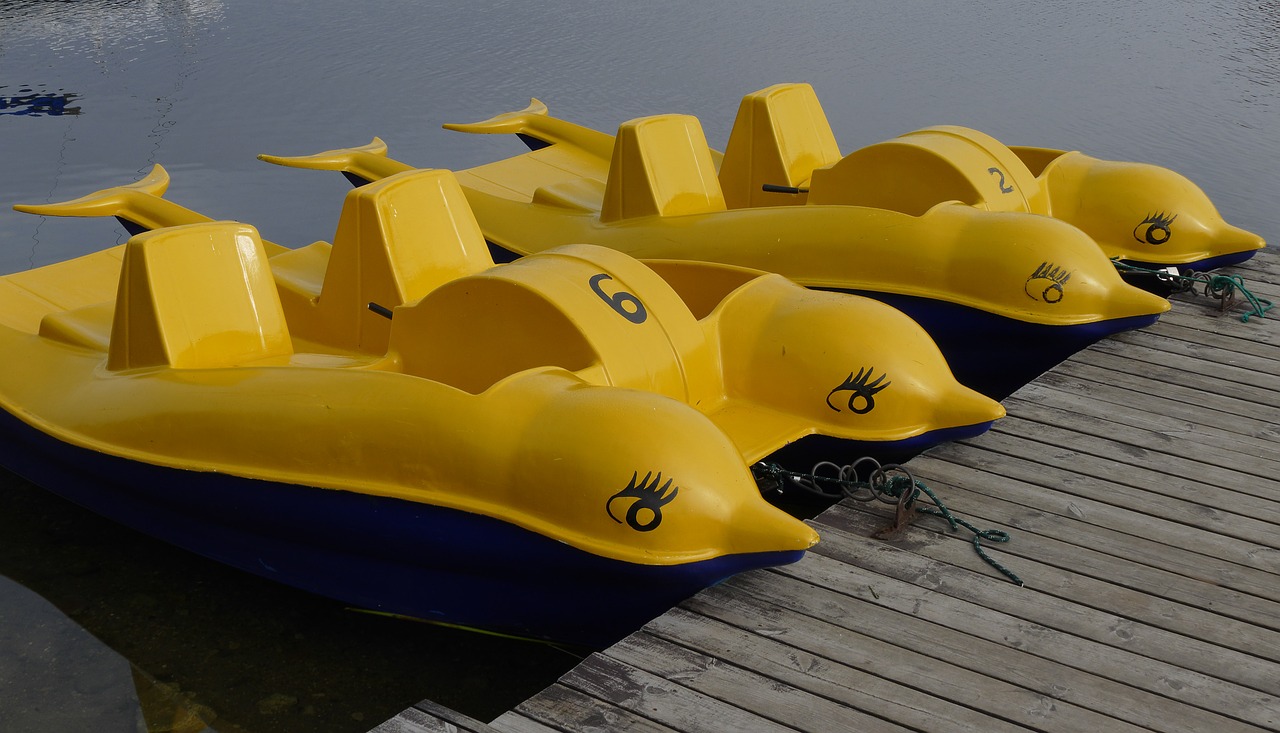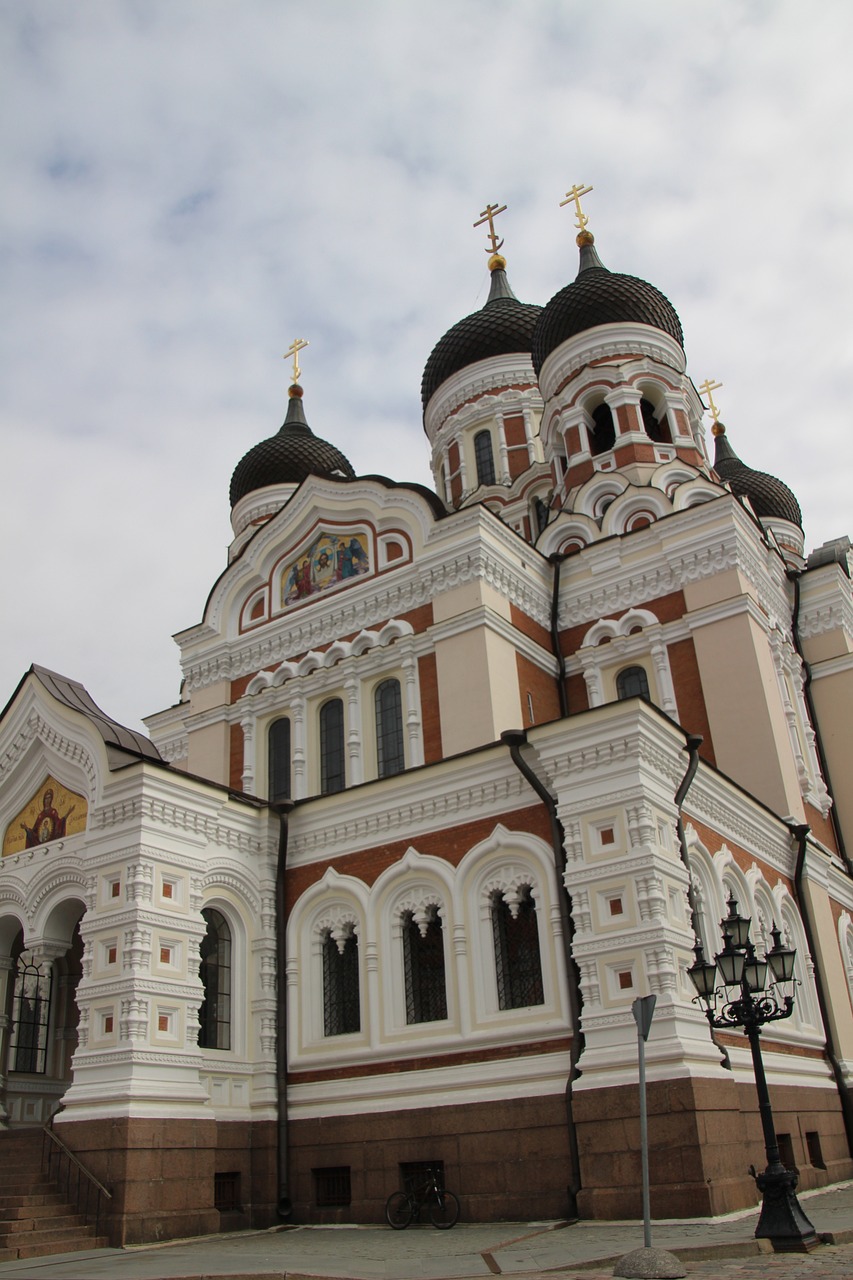Emergency Services: What to Know While in Lithuania
Lithuania is a beautiful country located in the Baltic region of Europe. While exploring this charming destination, it’s essential to be aware of the emergency services available to ensure your safety and well-being. This article provides detailed information about emergency services in Lithuania, including contact numbers, important tips, and useful resources.
Emergency Hotlines
In case of an emergency, it’s crucial to know the contact numbers for the relevant authorities. Here are the primary emergency hotlines in Lithuania:
- 112: This is the universal emergency number in Lithuania, which can be dialed for any emergency situation.
- Police: For non-emergency police assistance, you can call 102. However, for urgent matters, dial 112.
- Ambulance: If you require medical assistance, dial 103 to reach the ambulance services.
- Fire Department: In case of a fire or any related emergency, dial 101 to contact the fire department.
Healthcare Facilities
Lithuania has a well-developed healthcare system with various medical facilities available throughout the country. Here are some important aspects to know about healthcare services in Lithuania:
- Hospitals: Lithuania has several hospitals equipped with modern facilities and highly trained medical professionals. Some notable hospitals in Lithuania include Vilnius University Hospital Santaros Klinikos, Kaunas Clinics, and Klaipeda University Hospital.
- Pharmacies: Pharmacies, known as “Vaistinė,” can be found in most towns and cities in Lithuania. They offer a wide range of over-the-counter medications and prescription drugs.
- Health Insurance: It is recommended to have comprehensive travel insurance that covers medical expenses while in Lithuania. European Health Insurance Cards (EHIC) are also valid in Lithuania, providing access to necessary healthcare services.
- Emergency Medical Assistance: In case of a medical emergency, dial 112 and explain the situation. The operator will dispatch the appropriate medical assistance based on the severity of the situation.
Police Services
The Lithuanian police play a vital role in maintaining law and order within the country. Here are some important details about police services in Lithuania:
- Police Stations: Police stations, known as “Policijos Komisariatai,” can be found in various cities and towns throughout Lithuania. They serve as local police headquarters and are responsible for maintaining public safety.
- Reporting a Crime: If you need to report a crime or seek police assistance, you can visit the nearest police station or call the emergency hotline 112.
- Tourist Police: Lithuania also has a dedicated Tourist Police unit that provides assistance and support to tourists. They can be reached through the emergency hotline 112.
- Language Barrier: While most police officers in Lithuania can communicate in English, it’s advisable to have a local contact or translator if language becomes a barrier.
Fire and Rescue Services
Fire and rescue services in Lithuania are well-equipped to handle emergencies. Here’s what you need to know about fire and rescue services in Lithuania:
- Fire Departments: Fire departments, known as “Gaisrinės,” are responsible for fire prevention, firefighting, and rescue operations. They are located in major cities and towns throughout Lithuania.
- Reporting a Fire: In case of a fire or emergency, dial the emergency hotline 112. Provide detailed information about the situation and follow the operator’s instructions.
- Fire Safety Measures: It’s important to familiarize yourself with fire safety measures, such as knowing the location of fire extinguishers, emergency exits, and evacuation procedures in your accommodation or public places.
- Fire Safety Tips: Always exercise caution when dealing with fire-related activities, such as barbecues or bonfires. Follow safety guidelines and regulations to prevent accidents.
Consular Services
If you are a foreign visitor in Lithuania and require assistance from your country’s embassy or consulate, here’s what you need to know:
- Embassies and Consulates: Many countries have embassies or consulates in Lithuania. It’s advisable to register with your embassy or consulate upon arrival, especially if you’re staying for an extended period.
- Emergency Contacts: Keep the contact details of your embassy or consulate handy in case of emergencies or if you require assistance related to your nationality.
- Lost or Stolen Documents: If your passport or other important documents are lost or stolen, contact your embassy or consulate immediately for guidance on the necessary steps to take.
Image 1: Lithuania

Transportation Services
When it comes to transportation, Lithuania offers various options for travelers. Here are some key details about transportation services:
- Taxi Services: Taxis are widely available in Lithuania, especially in major cities like Vilnius, Kaunas, and Klaipeda. It’s recommended to use licensed taxi services and always ask for a receipt.
- Rideshare Services: Rideshare platforms like Uber and Bolt operate in Lithuania, providing convenient and affordable transportation options.
- Public Transportation: Lithuania has an efficient public transportation system, including buses, trams, and trolleybuses. It’s advisable to check schedules and plan your routes in advance.
- Driving in Lithuania: If you plan to drive in Lithuania, ensure you have a valid driver’s license and familiarize yourself with local traffic rules and regulations. Keep emergency contact numbers handy in case of any road-related emergencies.
Image 2: Lithuania

Natural Disasters
While Lithuania is not prone to major natural disasters, it’s essential to be prepared and informed about potential risks. Here are some important points to consider:
- Weather Conditions: Stay updated on weather forecasts, especially during winter when snowstorms and icy conditions may occur. Follow any advisories or warnings issued by local authorities.
- Earthquakes: Although rare, Lithuania can experience minor earthquakes. Familiarize yourself with earthquake preparedness measures, such as taking cover under sturdy furniture and staying away from windows.
- Flooding: Some areas in Lithuania, particularly near rivers and lakes, may be prone to flooding during heavy rainfall. Stay informed about flood alerts and follow evacuation instructions if necessary.
Tourist Safety
Lithuania is generally a safe country for tourists, but it’s always important to exercise caution and follow basic safety guidelines. Here are some tips to ensure a safe and enjoyable trip:
- Stay Vigilant: Be aware of your surroundings, especially in crowded tourist areas. Keep an eye on your belongings and avoid displaying valuable items.
- Stay Connected: Share your travel itinerary with a trusted friend or family member. Stay in touch regularly and inform them of any changes in your plans.
- Local Customs and Laws: Familiarize yourself with the local customs and laws of Lithuania to ensure respectful behavior and avoid any legal issues.
Image 3: Lithuania

Conclusion
By familiarizing yourself with the emergency services available in Lithuania and following the necessary safety precautions, you can ensure a smooth and secure visit to this beautiful country. Remember to keep emergency contact numbers handy, stay informed about local conditions, and prioritize your well-being throughout your journey.
References
– Lithuanian Police (policija.lt)
– National Health Insurance Fund (vlk.lt)
– Ministry of Foreign Affairs (urm.lt)
– Lithuanian Fire and Rescue Department (vvkt.lt)

